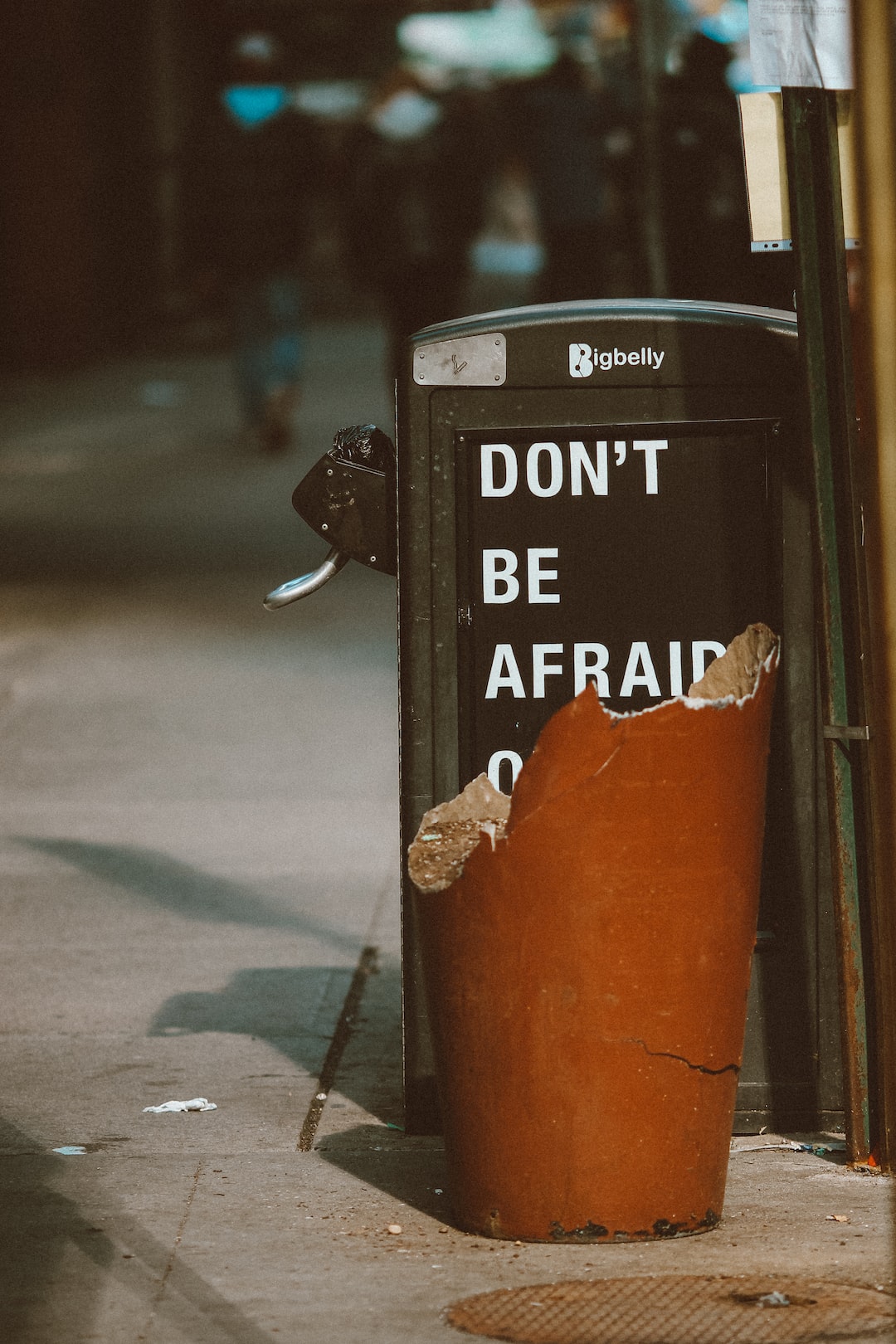The Role of Faith in Bridging Religious Divides
Religion has been an integral part of human society for centuries, shaping beliefs, values, and even political landscapes. However, religions have often been a source of conflicts and divisions among individuals and communities. In a world that is becoming increasingly interconnected, the need for religious harmony and mutual understanding has become paramount. It is in this context that the role of faith in bridging religious divides becomes crucial.
At its core, faith represents a deeply personal and profound belief system that guides individuals through life’s challenges. Regardless of the religion one follows, faith provides a sense of purpose, meaning, and inner peace. It is this shared belief system that can act as a unifying force across different religions, bringing people together and fostering a culture of understanding.
One way in which faith can bridge religious divides is through interfaith dialogue and cooperation. Interfaith dialogue involves open and honest conversations between people of different religious backgrounds, seeking to understand and respect each other’s beliefs and values. Through these dialogues, individuals from different faiths can dispel misconceptions and stereotypes, fostering empathy and building bridges of understanding.
In such dialogues, faith plays a crucial role. By recognizing the commonalities between different religious traditions, individuals can build upon shared values and teachings. Be it love, compassion, or the pursuit of justice, various religions often share similar moral principles. Focusing on these similarities allows individuals to connect on a deeper level, transcending religious boundaries and reducing prejudice. A person of faith can put aside doctrinal differences and find common ground in their commitment to living a life of integrity, kindness, and moral responsibility.
Furthermore, faith can motivate individuals to take concrete actions in bridging religious divides. When people of different religious backgrounds come together, inspired by their faith, they can work towards common goals that benefit their communities and society as a whole. Faith communities often engage in activities such as joint social service projects, disaster relief efforts, and advocacy for social justice, which foster relationships and understanding among members of different religions.
For instance, in many parts of the world, religious organizations work together to combat poverty, hunger, and homelessness, building homes, providing food, and offering support to those in need. By collectively addressing societal issues, faith-based initiatives demonstrate the power of faith in uniting people despite religious disparities. Such collaborations go beyond mere tolerance and establish an environment of respect and cooperation, where individuals recognize religious diversity as a strength rather than a threat.
Moreover, faith can act as a source of inspiration and guidance in promoting peaceful coexistence. Many religious traditions emphasize love, forgiveness, and reconciliation. Through shared spiritual practices such as prayer, meditation, or communal worship, individuals can cultivate a sense of inner peace and extend it to others, irrespective of their religious affiliations. Faith encourages believers to practice empathy, forgiveness, and compassion, enabling them to see beyond religious labels and embrace the inherent humanity of all individuals.
In conclusion, faith can play a transformative role in bridging religious divides. By fostering interfaith dialogue, recognizing shared values, and taking collective action for the common good, faith enables individuals to transcend religious differences and establish meaningful connections. Faith communities have the power to shape a more inclusive and harmonious world, where religious diversity is celebrated and conflicts are resolved through understanding, empathy, and respect. As we navigate an increasingly interconnected world, it is imperative that we recognize the potential of faith in bridging religious divides and work towards a future built on unity and peace.


